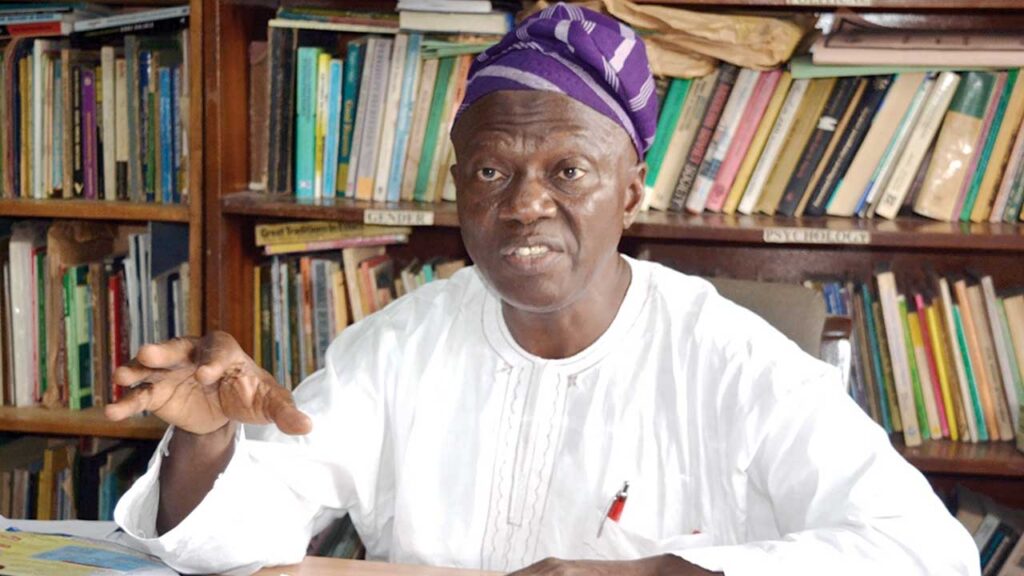By Lai Olurode
Certainly, the Presidency is bothered by the full ramifications of the consequence of the removal of fuel subsidy from petroleum products.
Secondly, it is aware that Nigeria’s poorest of the poor cannot withstand a full-blown free-for-all market forces.
Even, in the home of raw capitalism and conservatism where Adam Smith’s invisible hands hold sway, and where market forces are expected to display a free reign with no restrain, the milk of human kindness is directed at the poor, the old, vulnerable groups and farmers.
Granted that social intervention by the federal government is desirable, Nigerian government has data challenges. Our data are unreliable for having been politicised. This is partly why previous interventions by all preceding governments had failed. Without being able to identify poorest households and without credible data base, whatever money or support in kind that is given out would go down the drains. It is akin to throwing money at social problems thinking money alone solves all problems. What a wishful thinking.
Some years back, a World Bank Report says that Nigeria is characterized by putting first thing last. How else can one describe a situation of wanting to dish out palliatives or support for the poor and the weak without a rigorous process in place to identify who they are. It is indeed a different issue that the amount is a paltry sum. My understanding of discussions around the N8000 per month per household for six months to 12 millions households is that targeted beneficiaries themselves remain sceptical about the impact of the intervention. Most beneficiaries also prefer that the money be spent on roads and key infrastructure that cut across.
My advise to the Presidency is to employ social scientists and professional social analysist to assist it to draw up foul proof criteria with which to identify potential beneficiaries. Some years, there was a study by World Bank on the poorest of the poor in Nigeria.

It is good that the federal government itself had discovered that it is far away from the grassroots and couldn’t handle effectively the programme. If we have working and democratic local governments, the exercise should fall squarely on them. Unfortunately, this is not the case.
The lesson in the dilemma that the federal government faces over this exercise of helping the poor is that unless it is driven by science, expected outcomes won’t be met, though would have been spent. Not just on this intervention alone but, in all other departments. Nigeria should always put its thinking cap on rather than putting the cart before the horse. In whatever we do knowledge should come first and never last.
*Prof Olurode, a retired University of Lagos Sociology teacher, was also National Commissioner, Independent National Electoral Commission (INEC)


